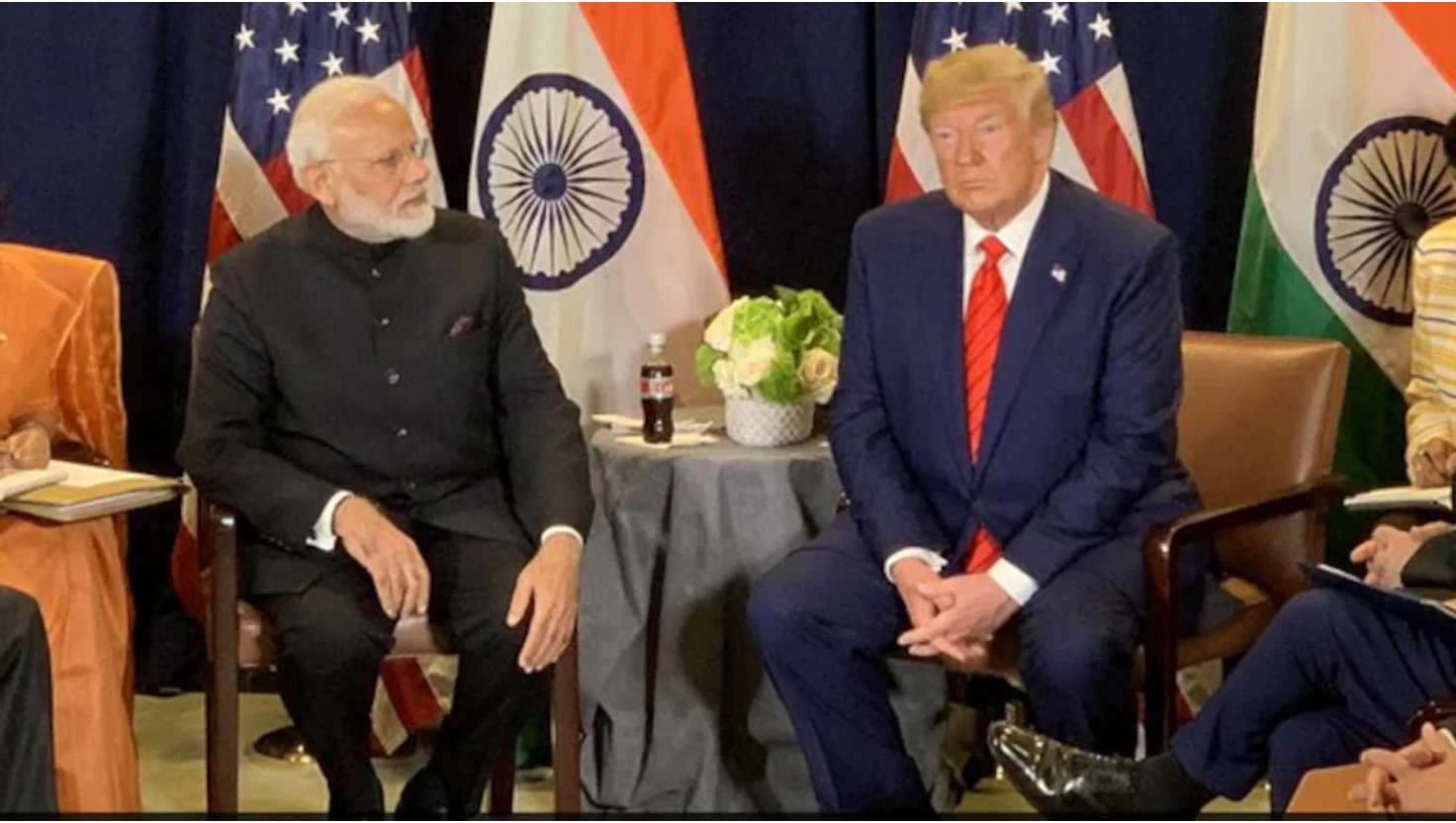W Health Ventures Unveils $70 Million Fund II to Ignite Healthcare Startups

W Health Ventures Unveils $70 Million Fund II to Ignite Healthcare Startups
W Health Ventures launches a $70 million fund to foster healthcare innovation in India, focusing on building companies from scratch.
W Health Ventures has launched its second fund, totalling $70 million, dedicated to establishing healthcare startups from the ground up. The initiative highlights the firm’s commitment to the future of healthcare infrastructure in India and beyond.
Concentrated Investment Approach
The newly established Fund II aims to support between eight to ten startups over the next four years. This approach employs W Health's distinctive "company creation" model, where innovative ideas are developed and validated internally before bringing in external founders to lead them.
Dr. Pankaj Jethwani, Managing Partner at W Health Ventures, shared insights on the fund’s strategy in a statement to Moneycontrol: “Fund II really doubles down on our company creation model. It’s something that we’ve built through a lot of trial and error over the last several years.”
In contrast to traditional venture capital firms that typically diversify investments across numerous companies, W Health plans to focus on substantial investments. The firm intends to allocate between $3 million and $5 million to each startup initially, with provisions for follow-on investments of a similar scale. There are prospects for the fund’s total size to reach up to $100 million by its final closure.
Previous Successes and Strategy
The first fund, initiated in 2020, successfully backed twelve companies, including notable names such as BeatO, which focuses on diabetes management, Mylo, which centres on parenting, BabyMD, a paediatric service, and Wysa, an AI-driven mental health platform. Many of these companies were incubated in-house, benefiting from the resources and expertise of its venture studio partner, 2070 Health.
W Health’s model is centred on intensive research; ideas are generated through interviews with healthcare professionals and patients, rigorously tested, and only launched if they demonstrate viability. “Ninety-three percent of our ideas get killed,” Dr. Jethwani noted. “The kind of conviction we’re able to build before we launch a company makes us go all in.”
First Innovations: Oncology and Mental Health
The inaugural investment from Fund II is EverHope Oncology, a joint venture with Narayana Health, which seeks to revolutionise cancer care in India. The project aims to enhance diagnostic capabilities, create modern treatment spaces, and establish standardised clinical protocols. “The journey of a patient with cancer – if you have all the means in the world – might be average at best. If you don’t, life is very hard,” Dr. Jethwani stated. “It doesn’t have to be this way.”
Additionally, the firm is leveraging artificial intelligence to assist oncologists in keeping pace with rapidly evolving research and treatment methodologies. “It is impossible for a human to stay up to date. That is a very important role that AI can play,” Jethwani emphasised.
The second investment, currently undisclosed, focuses on developing a managed services platform for psychiatric clinics in the United States, particularly addressing treatment-resistant depression. This model is designed to be asset-light, utilising automation and offshore talent to enhance clinical operations.
A Focused Healthcare Vision
W Health Ventures' investment philosophy revolves around two primary themes: single-specialty care models tailored for India and artificial intelligence-powered business-to-business (B2B) services aimed at global markets. “India is the world’s pharmacy,” Dr. Jethwani remarked. “We believe AI-enabled healthcare services will be India’s biggest gift to the world after pharma.”
The fund's unveiling arrives amid a notable resurgence in venture capital fundraising. Following a subdued 2024, several India-focused and international venture firms, including Accel, Bessemer Venture Partners, A91 Partners, and Prime Venture Partners, have recently announced the establishment of new funds.
Many other firms, such as Nexus Venture Partners and Fireside Ventures, are in the process of raising funds, demonstrating a cautious optimism returning to private markets. W Health's new fund reflects a growing interest among venture capitalists in adopting more focused, thesis-driven strategies as the market rebounds from last year's downturn.

India 'studying' US President Trump's 25% tariff threat
India's government vows to protect national interests following US President Trump's announcement of new tariffs on Indian goods.
| 2025-07-31

Chile Upgrades Tsunami Warning To The Highest Level After Russian Earthquake
An 8.8 magnitude earthquake off Russia's coast prompts tsunami warnings in South America, Hawaii, and Japan, leading to widespread evacuations.
| 2025-07-31

Tata Motors Targets $4.5 Billion Acquisition of Iveco Truck Division
Tata Motors is set to acquire Italian truck manufacturer Iveco for $4.5 billion, marking a significant expansion for the automotive group.
| 2025-07-31

India's Team Changes for Fifth Test Against England at The Oval
India prepares for the decisive Test against England with key changes in the lineup. The match starts on July 31 at The Oval.
| 2025-07-31

UK to recognise Palestine in September unless Israel agrees ceasefire
UK Prime Minister Keir Starmer says Britain will recognise Palestine in September unless Israel agrees to a ceasefire and long-term peace framework.
| 2025-07-30




